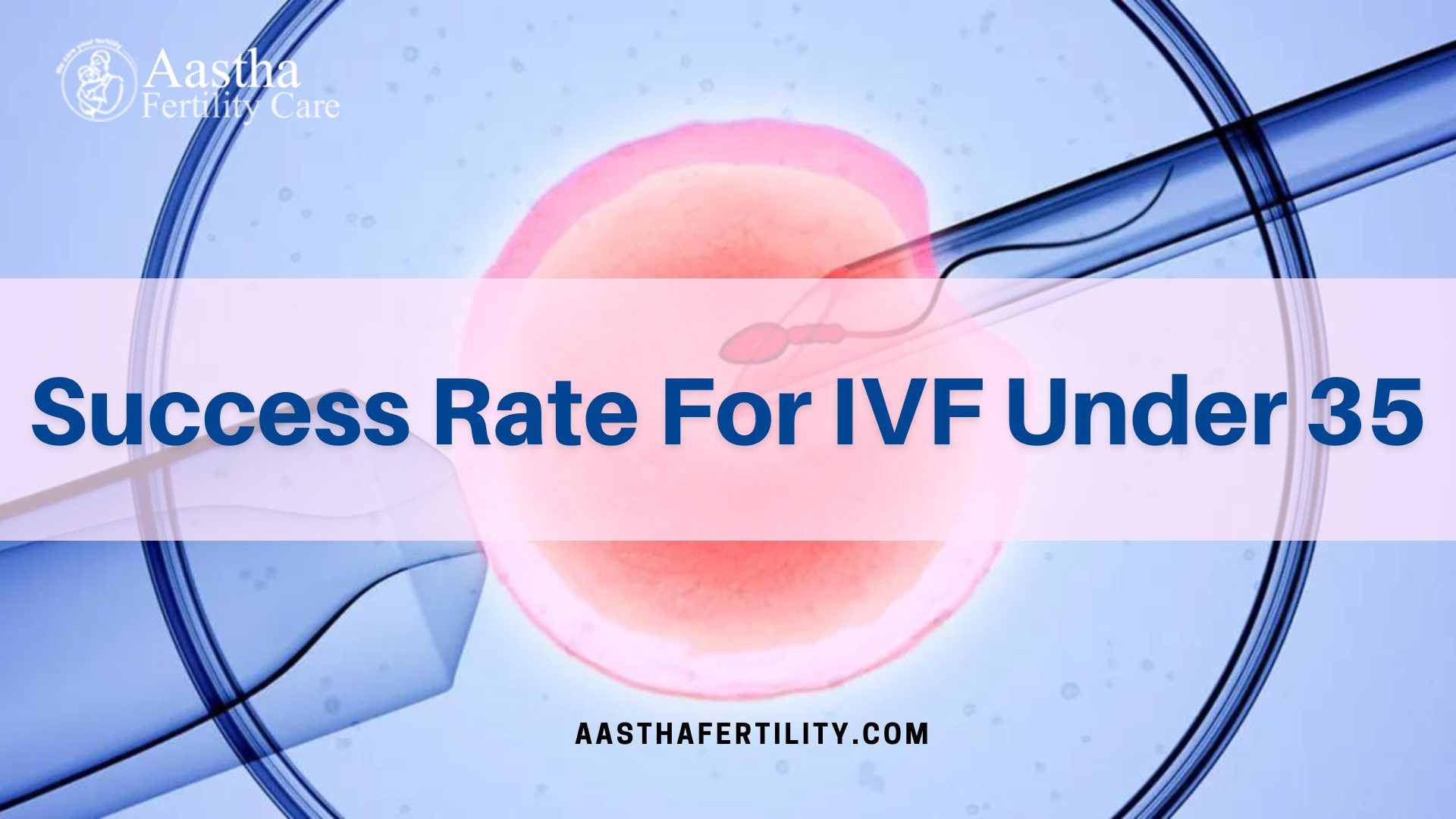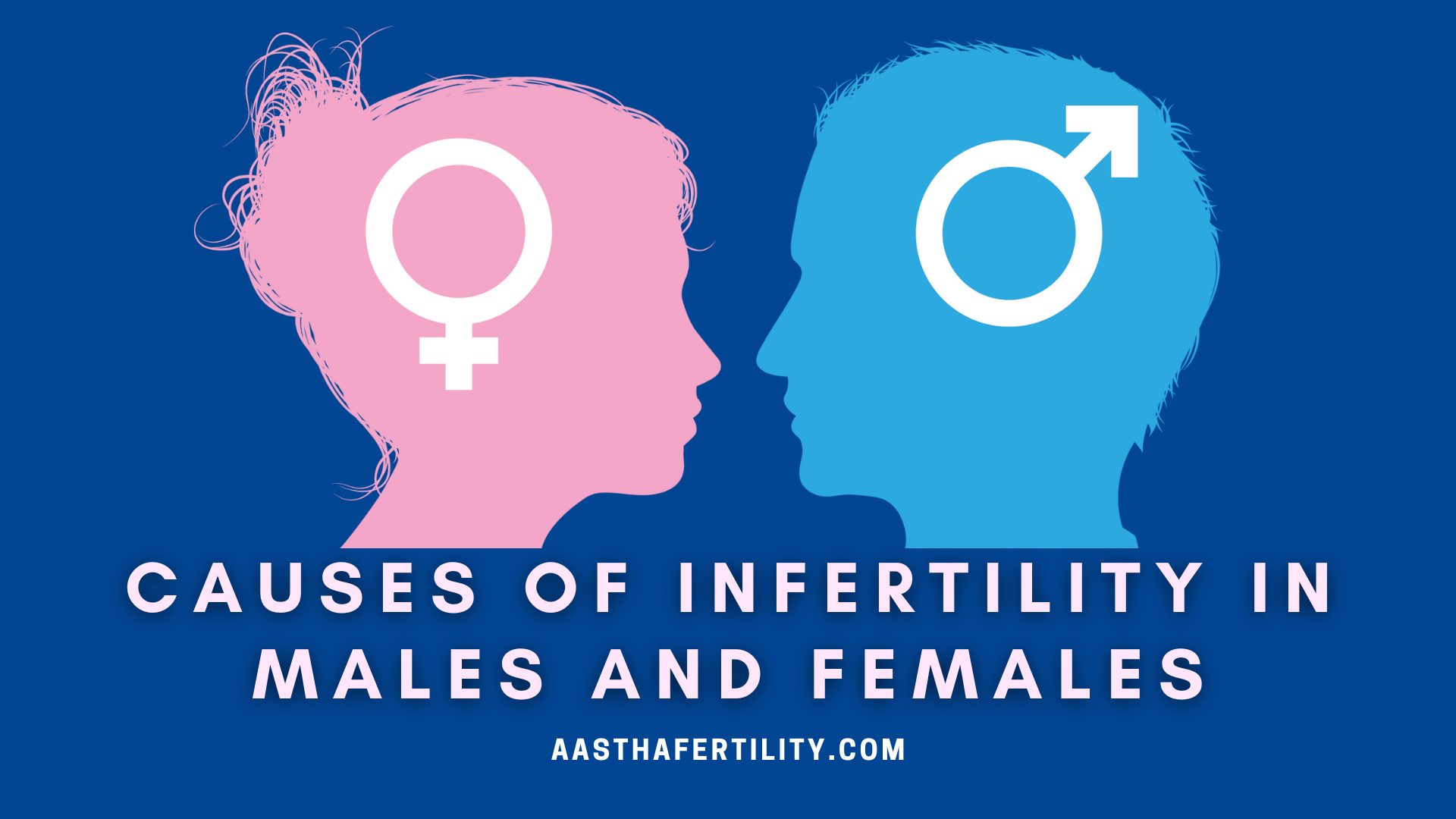Table of Contents
ToggleInfertility, nowadays, is a more common term than before, affecting everyone out of the seven couples trying to plan a baby.
As the world’s population increases, many couples are trying to have kids. Unfortunately, Infertility is becoming more common, too, due to various reasons. In the recently published data, more than 70,000 babies are born with assisted reproductive technologies in India, a figure that has doubled from the last decade.
According to the World Health Organization, around 10% of the world’s population has impaired fertility, with women being more likely to suffer from Infertility than men. What’s more, almost 50% of infertility cases in women are caused by reproductive tract factors.
There are multiple reasons behind this upsurge, some related to the changes in society, food habits, women’s aspirations of first completing their studies and establishing their career before planning for the responsibility. This has led to the delay in having a family, increasing the exposure to sexually transmitted diseases and environmental toxins.
Also, studies have proved that the older the partners are, the more they are likely to experience health problems, further causing infertility issues.
In one-third of the infertile couples, the problem is with women.
Ovulation, damage to the uterus or fallopian tubes, or problem with the cervix are the most common infertility problems with women, creating trouble with pregnancy and increasing chances of stillbirths or miscarriages.
Let’s look at some female infertility facts and statistics to understand better what it is, how it affects people, and how to treat them.
Relation Between Female Infertility and Miscarriage:
There’s a complex link between female infertility and miscarriage.
Most healthcare professionals consider miscarriage a subfertility problem in the assisted reproduction units. In contrast, others do not agree, believing that miscarriages occur in super-fertile women.
Infertile women taking the infertility treatments or referring to In-Vitro Fertilization (IVF) and Intrauterine Insemination (IUI) procedures are more likely to have miscarriages, advanced age being the most crucial factor in the same; as compared to women conceiving normally.
Aberrant expressions of chromosomal abnormalities and immunological factors underlie both miscarriage and Infertility. Maternal age, smoking, obesity, pre-existing medical conditions, anatomical abnormalities, and alcohol consumption are the common risk factors for miscarriages.
Treatment pathways for Infertility and miscarriage are similar, including assisted reproductive technology and pre-implantation genetic testing. The difference in these two conditions is majorly related to etiopathogenesis, epidemiology, management strategies, and included risk factors.
Both conditions related to the severity of reproductive and recurrent IVF failures share a common pathway in management and manifestation.
Symptoms of Female Infertility
Inability to conceive or get pregnant is the main symptom reflecting Infertility in women, further assisted with too long or too short menstrual cycles.
Some other symptoms include:
- Abnormal Periods- Heavier or lighter bleeding than usual cycles. Hysteroscopy tests determine if a female has heavy periods or cramping.
- Painful Periods- Experiencing pelvic pain, back pain, or heavy cramping.
- Missed Periods- When the cycle suddenly stops.
- Irregular Periods- Varying the number of days between each cycle.
Other than menstrual symptoms, Infertility sometimes can also be related to hormone problems. Symptoms in this case include:
- Thinning or loss of hair.
- Changes in sex desires or sex drives,
- Weight gain,
- Dark hair growth on lips, chin, and chest,
- Skin changes include increased acne and other conditions.
Pain during sex and milky white discharge from nipples unrelated to breastfeeding can also be the disordered symptoms leading to Infertility. All these symptoms vary in women, related to the type of Infertility they are experiencing.
Causes of Female Infertility
Ovulation problems are the most common causes of Infertility in women, relating to cervix problems and damage to the uterus or fallopian tubes. Age can also contribute to the same, as fertility decreases with increasing age. There can be one or more reasons for ovulation problems, including-
- A cyst or tumor,
- Thyroid gland problems,
- Hormonal imbalance,
- Intense workout causing to significant body fat loss,
- Excess weight,
- Drug use or alcohol consumption,
- Eating disorders,
- Stress,
- Or extremely brief menstrual cycles.
There can be multiple causes for the damage in the fallopian tube or uterus, related to-
- A previous infection,
- Fibroids or endometriosis,
- Chronic medical illness,
- A congenital disability,
- DES syndrome,
- Scar tissue or adhesions,
- Pelvic inflammatory disease,
- Polyps in the uterus,
- Bulky uterus
- Or a previous ectopic or tubal pregnancy.
Abnormal cervical mucus can also cause women’s Infertility, preventing the sperm from reaching the egg or making it difficult for the sperm to penetrate the egg.
Types of Female Infertility
Infertility refers to the condition when a woman cannot conceive normally. There are two types of Infertility:
- Primary Infertility: Refers to the condition of couples who cannot conceive even after trying for at least a year without being in any birth control methods.
- Secondary Infertility: This condition refers to the couples who have conceived once naturally but cannot get pregnant again.
Treatment of Female Infertility:
Being a complex disorder, infertility treatments involve significant psychological, physical, and financial commitments and patience and perseverance.
There is an array of infertility treatments that may seem bewildering at once. Couples need to invest some time in exploring all the available procedures, finalizing the right ones for both partners.
Infertility treatment options in women include:
- Surrogate Mothers,
- Tubal Cannulation,
- Checking for the blocked fallopian tubes,
- Using an egg donor ( Doctors perform AMH tests to determine the egg reserve of a female)
- Artificial Insemination,
Or the most opted one, In-Vitro Fertilization or Test Tube Baby
The preference for these treatments further depends on the age, cause, and type of Infertility and how long it has been affecting the patient. Patients have an option to restore the same either with surgery or medication, helping couples with a healthy baby.
Conclusion
Although the female infertility cases are growing day by day, there is still nothing to be worried about. Numerous effective treatments can help you with the best alternatives or solutions, assuring you with a healthy baby.
If you are also having trouble conceiving naturally or want to know more about Infertility, schedule your online consultation with the best team of doctors at Aastha Fertility Center. They will provide you with the best answers to your most personal questions, recommending the best treatment with positive outcomes.
Faqs Related To Female Infertility
Q1: How to test if a female is infertile?
Medical history assessment and sonogram, hormone blood tests, and ovarian reserve tests are best to test female Infertility. Get assistance from the best embryologists, suggesting ideal treatments for positive results.
Q2. What are the reasons for recurrent pregnancy loss?
Recurrent pregnancy loss is considered an essential reproductive health issue caused by metabolic or hormonal disorders, cytogenetic abnormalities, uterine anomalies, and antiphospholipid syndrome.
Q3. Is Covid Affecting Female fertility?
Doctors have found no comprehensive or systematic evidence on the association of COVID with female Infertility.





Leave a comment